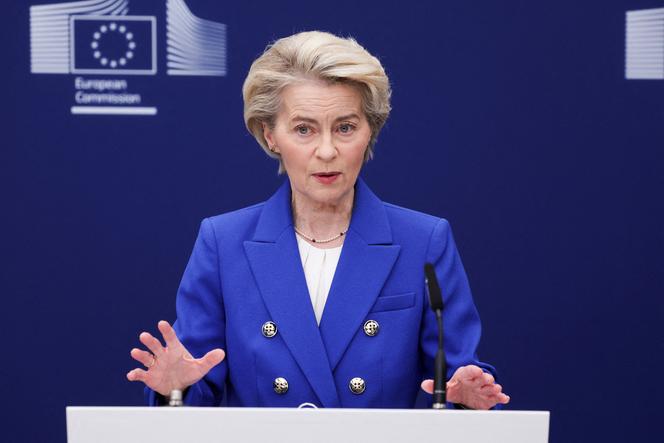


The European Commission, which oversees the bloc's trade policy, has been preparing its response for weeks. However, it will take more time to determine how it wishes to address Donald Trump's April 2 decision to impose a 20% tariff on imports from Europe. These tariffs were intended to offset both the tariffs and non-tariff trade barriers that the European Union imposes on American companies selling their goods and services on the continent.
"It is not too late to address concerns through negotiations," said Ursula von der Leyen, the president of the European Commission, on Thursday, April 3. She emphasized that the European commissioner for trade, Maros Sefcovic, was "permanently engaged" with his American counterparts. "We will work toward reducing barriers, not raising them." European leaders were still hoping for an agreement with Washington that would allow them to avoid the worst. They believed there is room to negotiate, as the White House's moves are dangerous for growth on both sides of the Atlantic. Between gestures of openness and threats of retaliation, the EU Commission hopes to lead Trump to move away from his tariff policy, without unduly provoking him.
You have 83.08% of this article left to read. The rest is for subscribers only.
